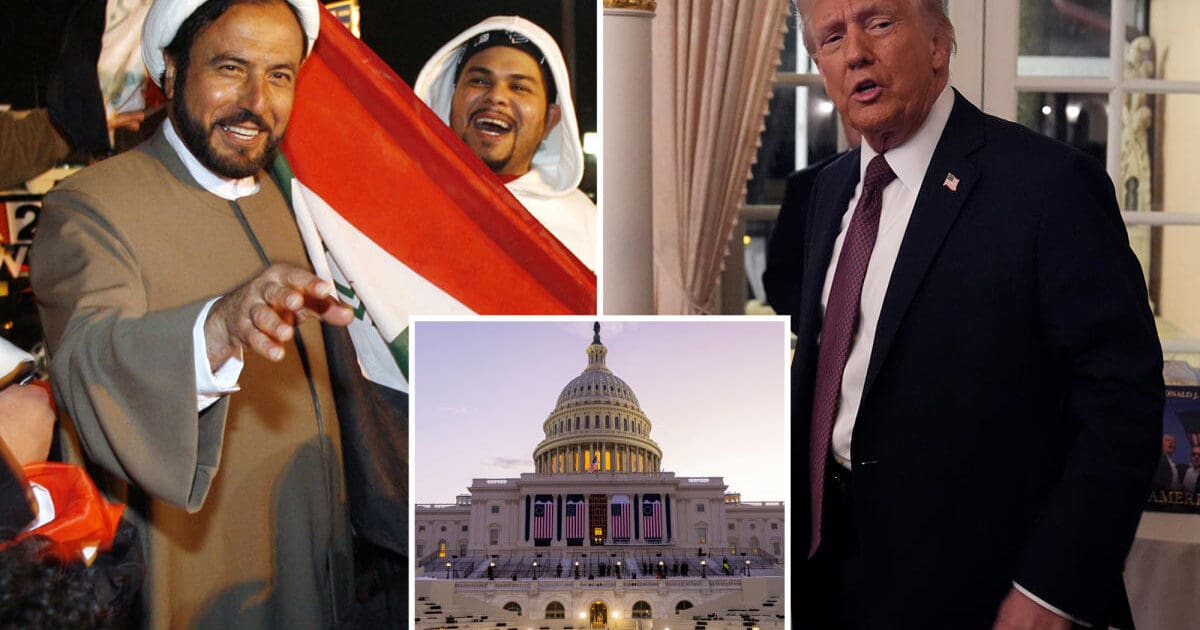The Netherlands, under the leadership of Prime Minister Dick Schoof, has taken a groundbreaking step in European migration policy by announcing its intent to declare a state of emergency due to what it describes as an “illegal migrant crisis.” This move aims to facilitate the implementation of what the government claims will be the “strictest asylum regime ever” in the country, signaling a significant shift towards stricter immigration controls.
Key Policy Changes:
- Opt-Out from EU Asylum Rules: The Dutch government plans to request an exemption from the European Union’s migration and asylum policies. This request, set to be formally presented to Brussels, reflects the Netherlands’ desire to manage its borders independently, potentially setting a precedent for other EU nations.
- State of Emergency: By declaring a state of emergency, the government seeks to bypass standard legislative processes, allowing for immediate and drastic changes to asylum laws. This includes a temporary suspension of asylum applications to manage the current influx.
- Enhanced Border Controls: The policy includes strengthening border security measures, aiming to curb the number of migrants entering the Netherlands. This aligns with broader European sentiments for more robust border management, as seen with Germany’s recent border control re-establishments.
- Deportation and Legal Challenges: There will be a focus on deporting individuals without legal residence permits more swiftly. The government also plans to limit the avenues for legal challenges against deportation decisions, aiming to streamline the process.
- Family Reunification Restrictions: New policies will make family reunification more challenging, part of an overall strategy to make the Netherlands less appealing to potential migrants.
Public and Political Reaction:
- Government’s Stance: The coalition government, including the nationalist PVV led by Geert Wilders, emphasizes that these measures are necessary due to the overwhelming strain on public services like housing, healthcare, and education.
- Criticism from Advocacy Groups: Organizations like VluchtelingWerk have labeled the government’s approach as “irresponsible,” arguing that the crisis is self-induced through political decisions rather than actual capacity issues.
- EU and International Implications: This move could strain relations within the EU, potentially leading to a domino effect where other countries might seek similar exemptions, challenging the unity of EU migration policies.
The Netherlands’ decision to pursue these stringent asylum policies marks a pivotal moment in European immigration politics. While it aims to address immediate national concerns, the long-term implications for EU solidarity on migration issues remain uncertain. This policy shift not only reflects domestic political changes but could also influence global migration discussions, offering a case study on national versus supranational control over immigration.














Add comment